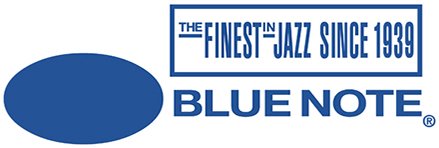Jazz-funk/rhythm and blues: “Sky High”
Larry Mizell (vocals), Allen Curtis Barnes (saxophone, flute, oboe), Roger Glenn (saxophone, flute), Donald Byrd (trumpet, flugelhorn, electric trumpet, vocals), Fonce Mizell (trumpet, vocals), Dean Parks, David T. Walker and Barney Perry (electric guitar), Freddie Perren (piano, synthesizer, vocals), Joe Sample (piano, electric piano), Kevin Toney (piano), Chuck Rainey, Wilton Felder and Joe Hill (electric bass), Harvey Mason, Sr. and Keith Killgo (drums), King Errisson (congas, bongos), and Bobbye Hall Porter, Perk Jacobs and Stephanie Spruill (percussion). From the album Black Byrd (1973) by Donald Byrd.
In 1968, Donald Byrd launched Blackjack, playing again with Mobley, but with Cedar Walton on piano, in which he already wants to break the limits of hard bop, but without knowing yet which direction to take. Then he continued with Slow Drag (1968), with Sonny Red and Walton, in which styles as far apart as blues, modal jazz and avant-garde fit. During the 1970s he was director of the black music department at Howard University.
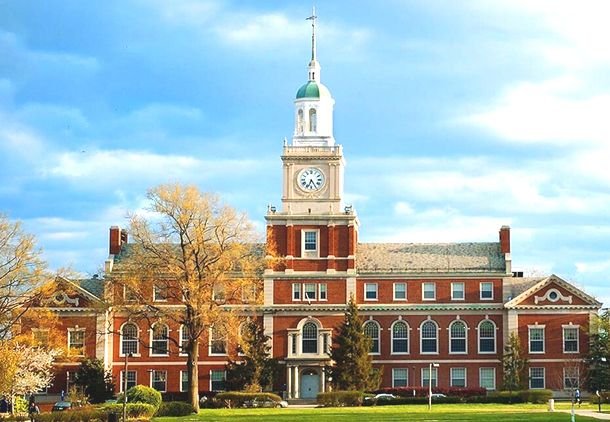
Finally in 1970 he left hard bop in Fancy Free influenced by Miles Davis’s historic Bitches Brew. In his album, Byrd joins his trumpet with a tenor and soprano saxophonist, a flute and a trombone, as well as two percussionists, but the newest ingredients are Duke Pearson’s electric piano, which transforms the sound of the group, and freedom in improvisation beyond what Byrd had explored until then. After that came Electric Byrd (1970), which openly incorporates Bitches Brew‘s innovations in a funky context. The album is interpreted by a wide wind section plus an acoustic guitar with surprising arrangements by Pearson along with his electric piano and Airto Moreira’s percussion, which gives an intense Brazilian flavor.
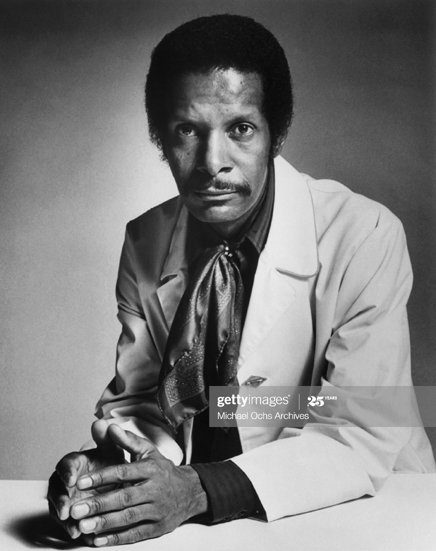
It also conveys a floating and psychedelic feeling with open solos and amplification, and the rhythm changes continuously. Therefore Electric Byrd is a big challenge that can be considered as a first class fusion work, causing the displeasure of jazz purists. Ethiopian Knights (1972) is Byrd’s most funky album, leading a large ensemble once more, including Harold Land on tenor saxophone and acclaimed vibraphonist Bobby Hutcherson. In it, as is customary in funk, polyrythmia prevails and, although there is improvisation, the main goal is to keep the rhythm going and use the solos to create texture instead of harmonic complexity. Because of this Byrd began to be rejected by jazz critics.
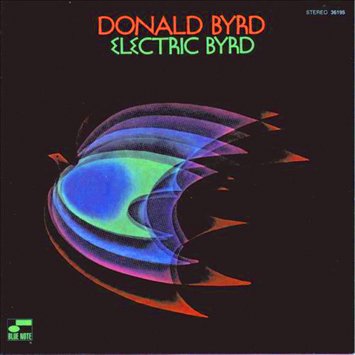
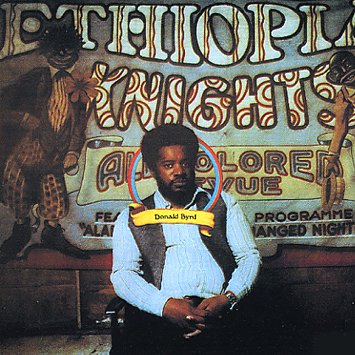

music
musicforlife
jazz
classical-music
curie
hivesicians
hivemusic
soundmusic
dailymusic
beatzchain
0
0
0.000
0 comments
